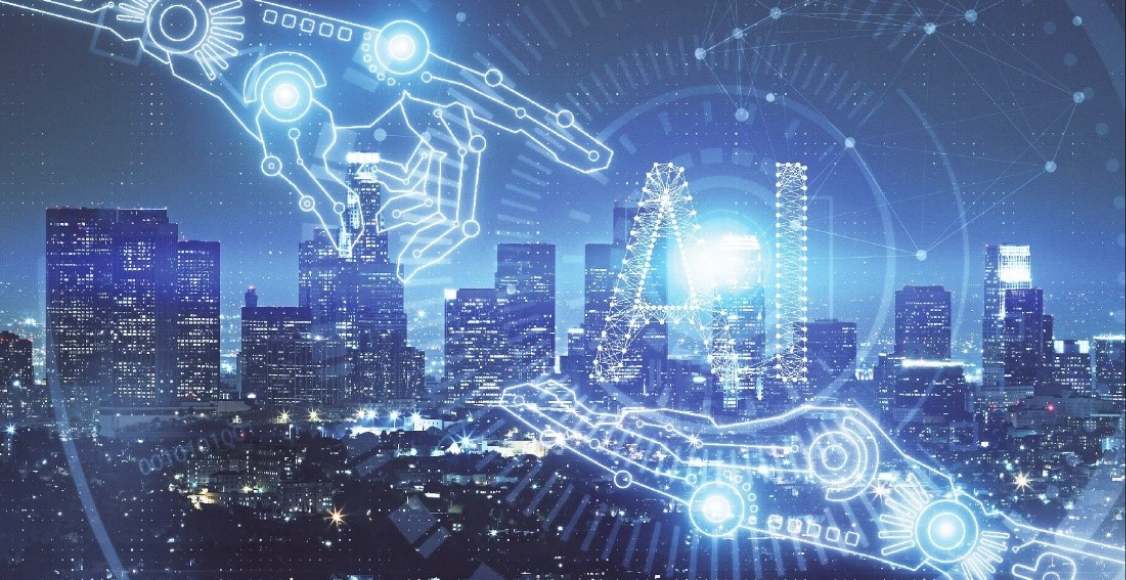
As urban populations grow, cities face increasing challenges in traffic management, energy consumption, and public services. Artificial Intelligence (AI) is at the forefront of transforming urban environments into smart, efficient, and sustainable spaces. By integrating AI-driven solutions, cities can enhance mobility, reduce waste, and improve the overall quality of life for residents.
AI technologies, particularly in the field of medical imaging and pattern recognition, are at the forefront of a diagnostic revolution. Using sophisticated algorithms, AI systems can interpret X-rays, MRIs, and other imaging data with a level of speed and accuracy that surpasses human capabilities in some domains.
AI-powered traffic monitoring systems analyze real-time data from cameras, sensors, and GPS to optimize traffic flow, reduce congestion, and minimize travel time. Smart traffic lights adjust signals dynamically based on traffic conditions, easing rush-hour bottlenecks. AI is also enabling autonomous public transport systems, making commuting more efficient.
AI-driven smart grids monitor and adjust electricity distribution based on demand, reducing energy waste and promoting sustainability. AI helps optimize energy consumption in buildings by automatically adjusting lighting, heating, and cooling systems. Renewable energy sources, like solar and wind, are integrated into smart grids for better efficiency.
AI-driven waste management systems analyze waste generation patterns and optimize collection routes to reduce fuel consumption and operational costs. Smart bins equipped with sensors notify collection teams when they are full, preventing overflow and improving sanitation.
AI-powered surveillance systems use facial recognition and predictive analytics to detect and prevent crimes in real time. AI also assists in disaster response by analyzing data from sensors, drones, and satellites to provide early warnings for natural disasters like floods and earthquakes.
AI helps city planners analyze data on population growth, traffic patterns, and resource usage to make informed decisions about infrastructure projects. By predicting future urban development needs, AI enables more efficient land use and sustainable city expansion.
AI is revolutionizing urban living by making cities more connected, efficient, and environmentally friendly. From optimizing traffic flow and reducing energy consumption to enhancing public safety and streamlining waste management, AI-powered smart cities are shaping the future of sustainable urban development. As AI technology continues to evolve, the cities of tomorrow will be more intelligent, livable, and adaptive to the needs of their residents.
